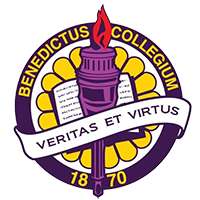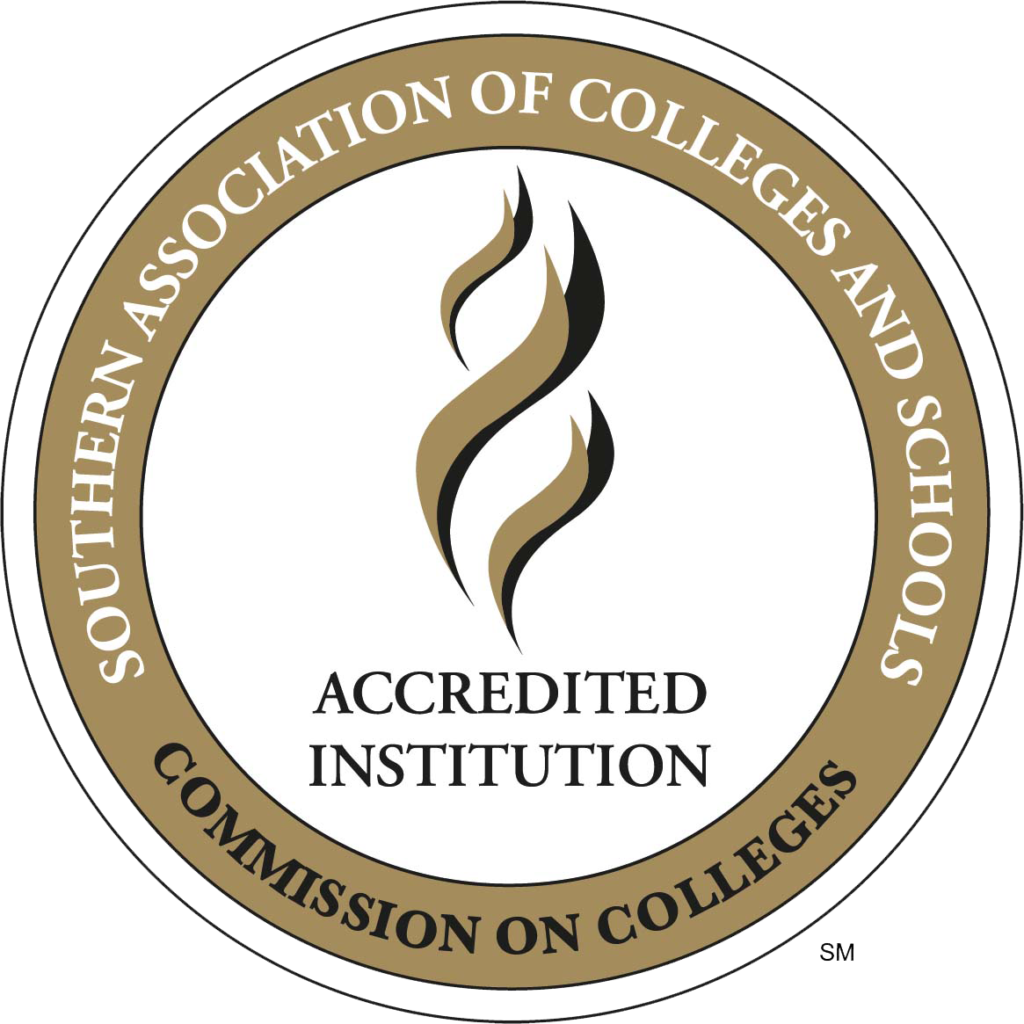Environmental Engineering Program
Department Contact
1600 Harden Street
Columbia, SC 29204
Columbia, SC 29204
803-253-5000
Office Hours
9:00AM - 5:00PM
Our Mission:
To train and empower engineers who will become effective stewards of environmental justice and sustainability in the 21st century, and to provide a workforce pipeline increasing the number of underrepresented minorities in the environmental engineering field.
Program Educational Objectives:
- In three to five years after graduation, our students will be engaged in a successful career in environmental engineering or related fields with goals of senior technical leadership or management.
- In three to five years after graduation, our students will be actively pursuing advanced education, professional licensing, or certification in environmental engineering or related fields.
Successful completion of an environmental engineering degree will qualify you to work as:
- A drinking water or wastewater treatment supervisor
- A remediation engineer or consultant
- A design team member in industries such as biofuel plants
- A city planning and development engineer
- A facility engineer
- Continue to graduate school
Our graduates are expected to demonstrate the following Student Outcomes:
- an ability to identify, formulate, and solve complex engineering problems by applying principles of engineering, science, and mathematics
- an ability to apply engineering design to produce solutions that meet specified needs with consideration of public health, safety, and welfare, as well as global, cultural, social, environmental, and economic factors
- an ability to communicate effectively with a range of audiences
- an ability to recognize ethical and professional responsibilities in engineering situations and make informed judgments, which must consider the impact of engineering solutions in global, economic, environmental, and societal contexts
- an ability to function effectively on a team whose members together provide leadership, create a collaborative and inclusive environment, establish goals, plan tasks, and meet objectives
- an ability to develop and conduct appropriate experimentation, analyze and interpret data, and use engineering judgment to draw conclusions
- an ability to acquire and apply new knowledge as needed, using appropriate learning strategies.
Accreditation Notice
The Environmental Engineering Program is accredited by the Engineering Accreditation Commission (EAC) of the Accreditation Board for Engineering and Technology (ABET) to award bachelor’s degrees in Environmental Engineering.
Our Departments
Menu


